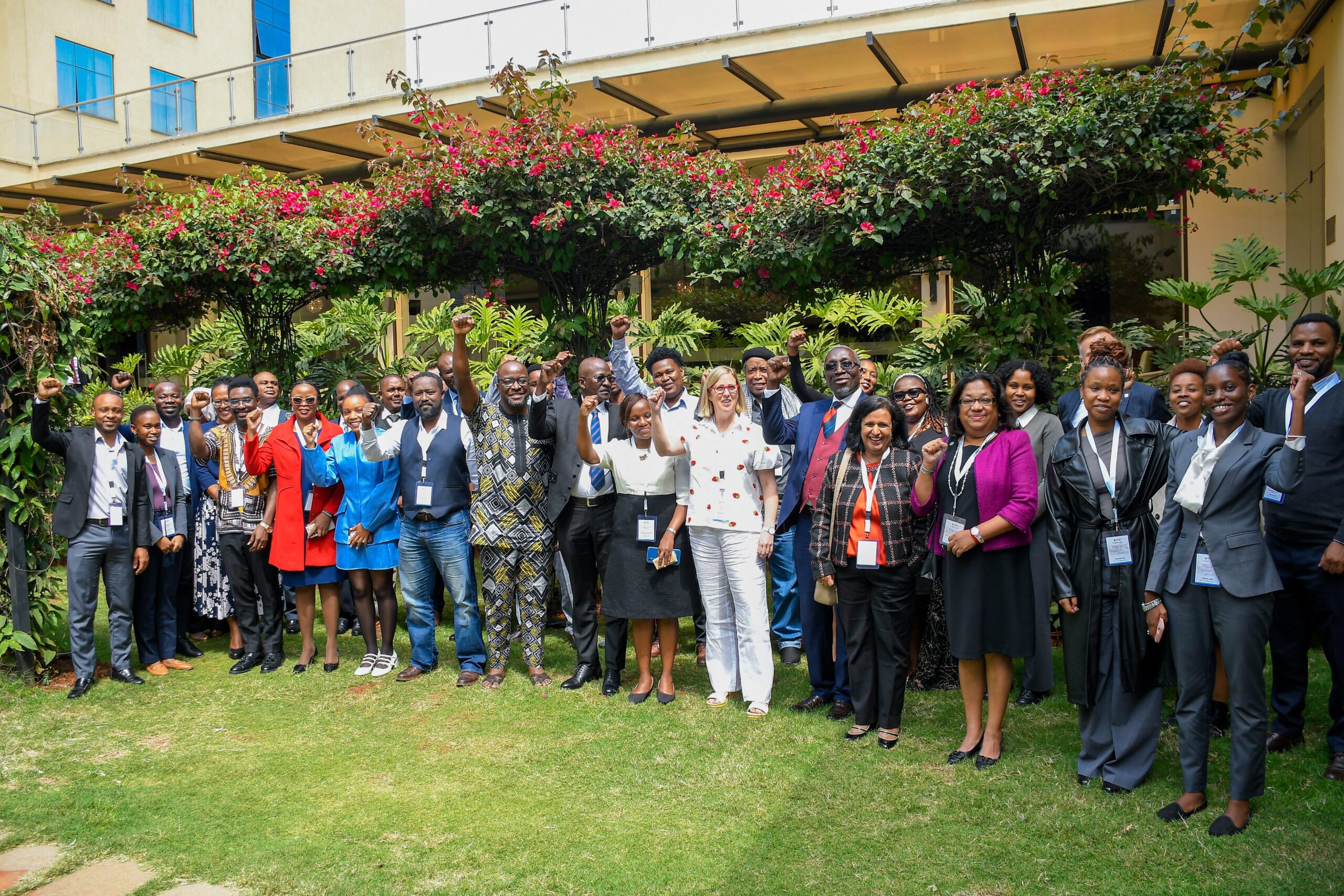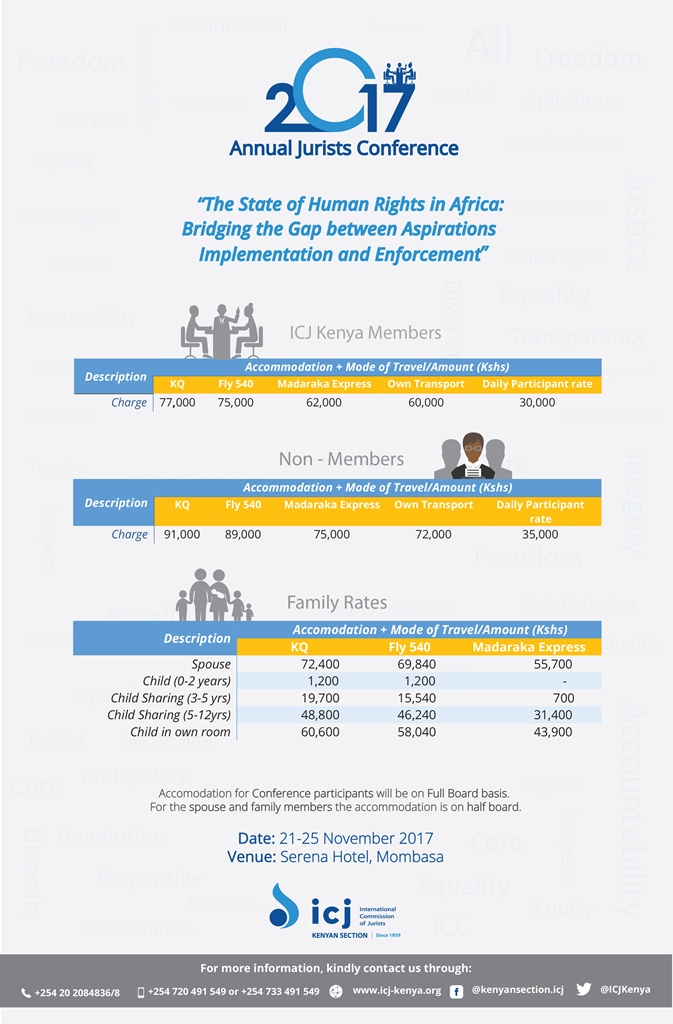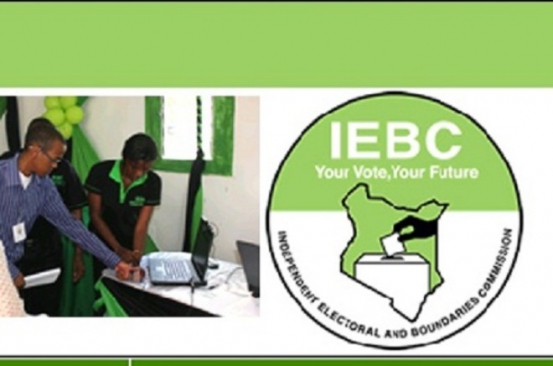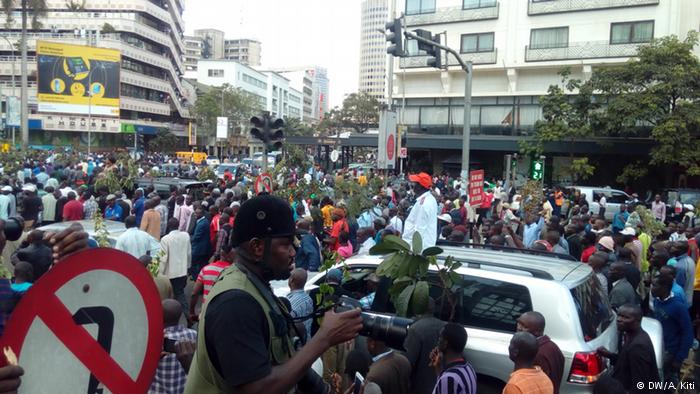Each year, ICJ Kenya convenes its Annual Jurists Conference (AJC) whose main objective is to deliberate and contribute to the discourse on emerging rule of law, human rights and justice trends affecting the Continent. This year’s AJC 2017 will be held from 21 – 25 November in Kenya. The theme of the conference is “The State of Human Rights in Africa: bridging the gap between aspirations, implementation and enforcement.”
In Africa, the contestation between States on their obligations to fulfill, uphold and respect human rights and non-state duty to monitor compliance is riddled with contradictions and divergent conceptual understanding challenges. Yet, if full realization of human rights in the continent is to be achieved, effective implementation of normative frameworks is a necessary precursor in order to guarantee the right to development[1], peace and security in the continent.
ICJ Kenya has identified key emerging areas of concern that the conference will seek to interrogate as follows:
Failed electoral processes and inability to access the right to vote. In order to contribute to the discourse on the uncertainties that have characterized the electoral processes in Africa, ICJ Kenya will seek to interrogate the twin but interrelated concepts of the right to vote and the duty to vote within the broader context of civil and political rights. The legitimacy of a government is determined by free, fair and credible electoral processes that are devoid of violence and intimidation. In the event that a government is perceived to have gained power irregularly, its legitimacy is called into question. Consequently, the people lose confidence in the electoral process, voter turnout is affected and voter apathy is institutionalized. At the heart of this debate is the question of the right to vote versus the duty to vote.
The closing of civic space. Civil society organizations in Africa have come under significant pressure as restrictions on foreign funding, barriers to registration, governments’ interference in CSOs’ internal affairs, and other forms of harassment have proliferated. Governments are also continually using anti-terrorism legislation to restrict human rights organizations from engaging in their work. There is need to examine the evidence and experience of closing civic space in different contexts and sectors and identify the innovative responses that have allowed CSOs to continue their crucial work and thrive in many countries.
Failed realization of social economic rights. Social and economic rights are key to effectively realizing human rights in Africa. The African governments’ failure to enthrone enforceable socio-economic rights compromises the achievement of the highest standard of living of their people. Economic social and cultural rights are the only means of self-defense for millions of impoverished and marginalized individuals and groups.[2] Continued failure to realize these basic rights, are also some of the root causes of conflict. Courts are an important institution that ensure realization of economic and social rights. Faced with the challenge of justiciability of these rights, yet with the opportunity of regional and international instruments, courts have an obligation to use creative innovations to ensure realization of economic and social rights at the national level.
Challenges of trans-national and international crimes. The fight against terrorism is being exploited in some parts of the world to abuse human rights. Weak government presence and low levels of security facilitates its spread, allowing groups to exert violence to achieve ideological, religious or political goals. Equipping governments in the region to counter the financing of such destabilizing activities is thus of paramount importance for the security of the region, and of the world at large. Problems of corruption and lack of good governance continue to hinder the fight against transnational crimes. Ensuring criminals are identified, investigated, prosecuted and sentenced is key to strengthening the credibility of governments to their people.
Prosecution and judicial enforcement of the rights. The question of enforcement of judicial decisions and remedies remains a challenge in the actualization of rights in Africa. There is a growing trend whereby Court orders and decisions are continually defied. There is a blatant disregard for the rule of law and there seems to be no consequences to these actions.
The 2017 AJC will present a platform for jurists to test the efficacy of the existing norms, identify the gaps in implementation of human rights in Africa and suggest innovative mechanism and ways to close the gap between aspiration and implementation. Through shared experiences, lessons and best practices will be drawn from how African States have been able to protect, promote and fulfil human rights in the selected thematic areas.
The three day conference will bring together key stakeholders drawn from members of the Bar and the Bench in Kenya and the region, civil society organizations, community based organizations, academia, relevant state agencies and other strategic actors in the region. The conference will also have expert presentations, facilitated panel and plenary discussions and guided discussions on the way forward that will inform further strategies for protection and promotion of human rights in Africa.







